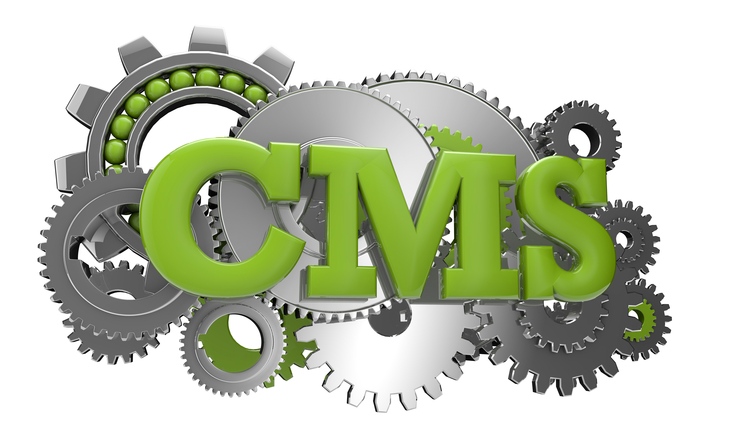A good CMS should be easy to operate, modify and develop. Content management systems are meant to be flexible, allowing proper management and regular updates. When choosing a CMS, we should consider the following things:
- It shouldn’t be too cheap or too expensive: The most common way is to choose free CMS, however, there are also CMS formats that are designed for specific purposes. They could be based on existing free CMS or built entirely from scratch. When planning to purchase a commercial CMS, we should make sure that it is not overly cheap or expensive. There should be a good balance between prices and features offered. Cheap CMS could have little more features than free ones, in fact, we could still get the some capabilities by installing specific free plugins, widgets and themes. On contrary, overly expensive CMS may not be a good bet, because we may not a proper value for money.
- Perform pre-buying research: If we plan to purchase a commercial CMS, it is important to perform pre-buying research. This will make sure that we will get a good product. We may already full understand how WordPress, Drupal and Joomla work, but a commercial CMS could behave and interact differently, although they are based on existing free CMS. With proper research, we will be able to get a good commercial CMS and cut the overall costs.
- Check technical capability: Commercial CMS should allow for ease of management and editing. We should obtain constant updates and webmasters should be able to use it easily. Technical aspects of the CMS could be related to intricate processes and handling.
- SEO factor: SEO is an essential factor to ensure proper flow of traffic. It is something that we shouldn’t take for granted. Chen choosing a CMS, we should check its SEO potentials, so we are able to assess the overall values of the website. With proper comparison and analysis of the website, we could find CMS that allows us to get better rankings in search engines. Ignoring the search engine visibility could result in poor SEO performance.
- Compatibility with mobile devices: Commercial CMS should be perfectly compatible with mobile devices. There’s constant growth related to mobile technology and we may need to continuously use smartphones and various mobile devices to access information. Because the mobile penetration is already very high in many countries, it doesn’t make sense to focus only on desktop PC. CMS that we choose should be flexible and compatible with various mobile device models.
- Support: There should be enough support after we purchase the CMS. Developers and users should be able to interact constantly, to discuss bugs, issues and upcoming new features. A community support backed by the actual developers will ensure that we will get highly reliable platforms.
- Extensions, plugins & modules: Like other CMS, commercial versions should also provide support for modules, plugins and extensions. In fact, they may still support standard plugins of the original CMS they are based on. In this case, we should make sure that there won’t be any kind of conflicts and other issues.




